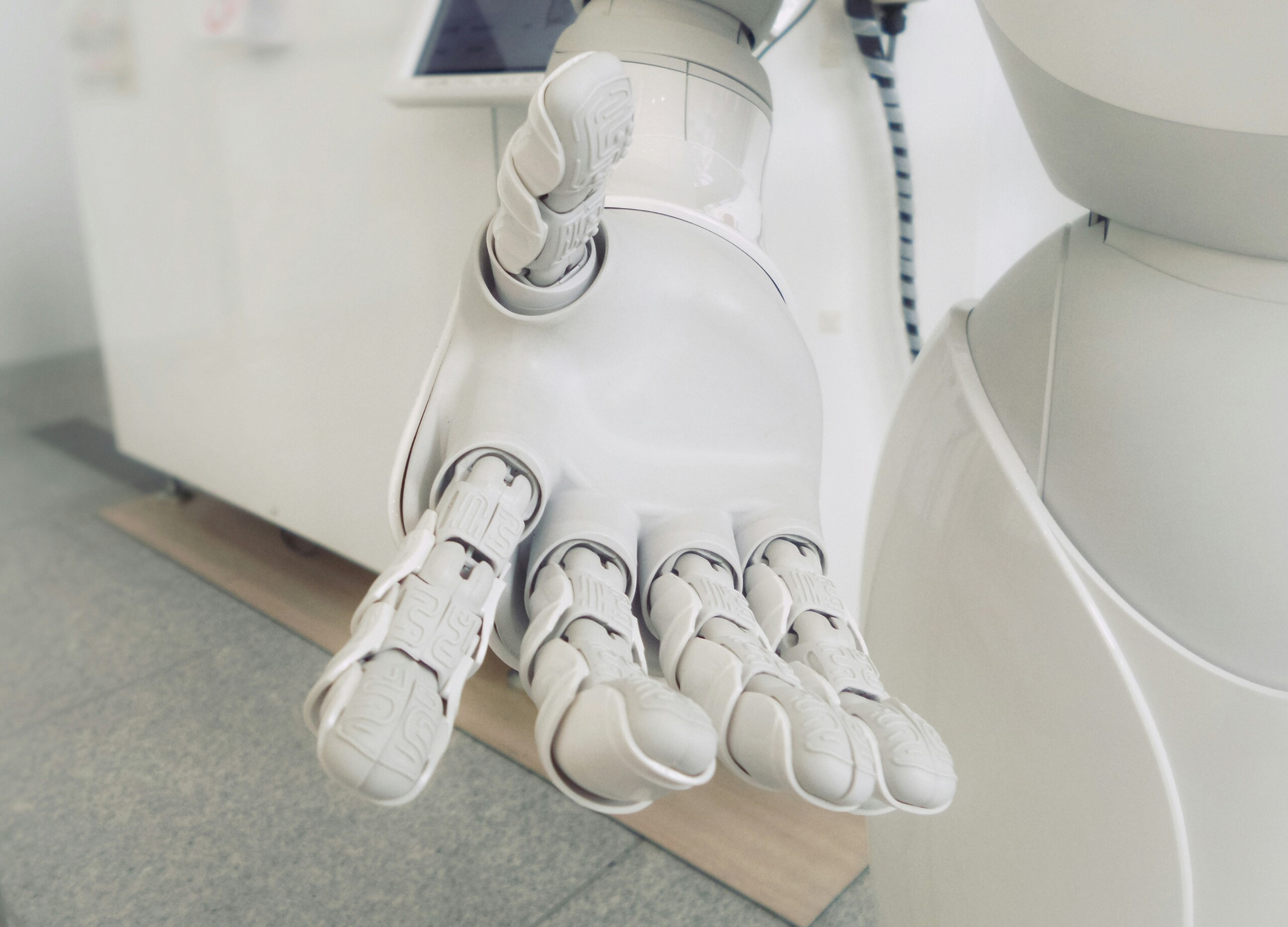
In the past decade, the terms Data Science and Machine Learning have transcended from being niche jargon to mainstream buzzwords. These fields are not just revolutionizing technology and business sectors but are also permeating everyday life, influencing how we interact with the world. This blog delves into the core of Data Science and Machine Learning, exploring their significance, applications, and future prospects.
Understanding Data Science
Data Science is an interdisciplinary field that uses scientific methods, processes, algorithms, and systems to extract knowledge and insights from structured and unstructured data. It combines various disciplines like statistics, computer science, domain expertise, and data engineering to analyze and interpret complex data.
Key Components of Data Science:
- Data Collection: Gathering raw data from various sources, which could include databases, online repositories, and real-time data streams.
- Data Cleaning: Preparing the data by handling missing values, removing duplicates, and correcting errors.
- Data Analysis: Using statistical and computational methods to uncover patterns and insights.
- Data Visualization: Presenting data findings through graphs, charts, and dashboards to facilitate understanding.
- Data Interpretation: Making sense of the data analysis results to drive decision-making.
Demystifying Machine Learning
Machine Learning (ML) is a subset of artificial intelligence (AI) that enables systems to learn and improve from experience without being explicitly programmed. It focuses on the development of algorithms that can process data, identify patterns, and make decisions with minimal human intervention.
Types of Machine Learning:
- Supervised Learning: The algorithm is trained on labeled data. Examples include regression and classification tasks.
- Unsupervised Learning: The algorithm works with unlabeled data and tries to identify inherent structures. Clustering and association are common techniques.
- Reinforcement Learning: The algorithm learns by interacting with an environment to maximize cumulative reward. It’s widely used in robotics and gaming.
The Intersection of Data Science and Machine Learning
Data Science and Machine Learning are intrinsically connected. Data Science provides the foundation of data preparation and analysis, which is crucial for training ML models. In turn, ML enhances Data Science by enabling predictive analytics and automated decision-making. Together, they create powerful tools for extracting value from data.
Applications Across Industries
- Healthcare: Predictive analytics for disease diagnosis, personalized treatment plans, and drug discovery.
- Finance: Fraud detection, risk management, algorithmic trading, and customer segmentation.
- Retail: Inventory management, customer behavior analysis, recommendation systems, and price optimization.
- Transportation: Route optimization, autonomous driving, and traffic management.
- Marketing: Targeted advertising, sentiment analysis, and market trend prediction.
The Future of Data Science & Machine Learning
The future of Data Science and Machine Learning is poised for continued growth and innovation. Here are some trends to watch:
- AutoML: Automated Machine Learning is streamlining the process of model selection and hyperparameter tuning, making ML more accessible.
- Explainable AI: As AI systems become more complex, the need for transparency and interpretability is growing.
- Edge Computing: Running ML models on edge devices for real-time decision-making without relying on cloud computing.
- AI Ethics: Addressing biases in data and algorithms to ensure fairness and accountability in AI systems.
- Quantum Computing: Offering potential breakthroughs in solving complex ML problems with unprecedented speed and efficiency.
Data Science and Machine Learning are more than just technological advancements; they are pivotal forces reshaping industries and society. As these fields continue to evolve, they will unlock new possibilities, driving innovation and progress across every domain. Embracing this revolution means staying informed, adaptive, and ethical in harnessing the power of data and intelligent systems.
By understanding and leveraging Data Science and Machine Learning, we can navigate the complexities of the digital age and create a smarter, more efficient world. If you’re looking to dive into this transformative field, Eleven Fifty Academy offers an excellent variety of programs in AI and software development. For those interested in scholarship opportunities, be sure to check out Skill Escalator for more information.
Share
Skill Escalator is proud to announce its collaboration with 4Geeks Academy to offer specialized training in Applied AI. This partnership aims to equip professionals and businesses with the expertise needed to leverage artificial intelligence for enhanced productivity and innovation. Why 4Geeks Academy? 4Geeks Academy is renowned for its high-quality, practical education emphasizing real-world applications. Their
Skill Escalator Selects 4Geeks Academy for Machine Learning and Data Science Training. Skill Escalator is thrilled to announce its collaboration with 4Geeks Academy to provide specialized training in Machine Learning and Data Science. Recognizing the growing demand for skilled professionals in these cutting-edge fields, Skill Escalator has chosen 4Geeks Academy for its proven track record
In the ever-evolving world of technology, staying ahead of the curve is essential. Today you have the opportunity to gain from the six-week course Generative AI for Developers offered by the innovative tech school, Actualize, with a partial scholarship sponsored by Skill Escalator. The course is not only enlightening but also a significant step towards








